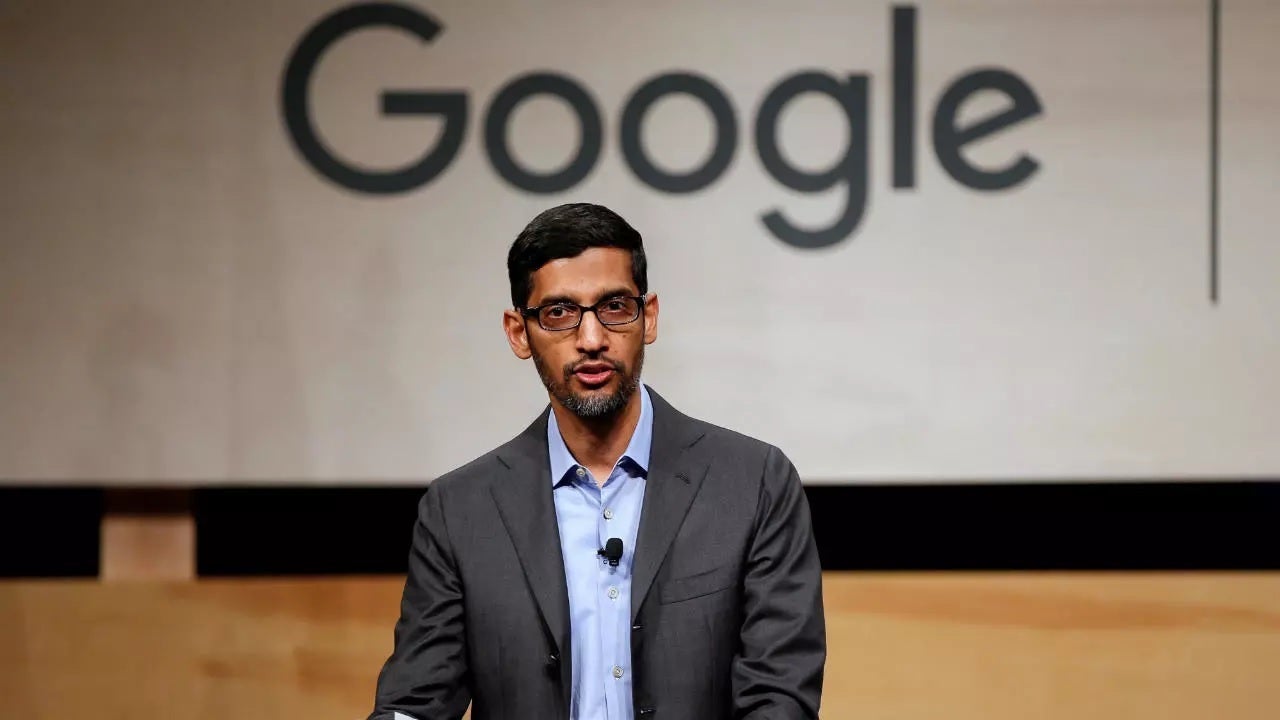Congress blames Google, Facebook for keeping kids addicted to their services

Bloomberg reports that during a congressional hearing on Friday, lawmakers took aim at Facebook and Google about the services they both offer to children. The CEOs of Facebook and Google, Mark Zuckerberg and Sundar Pichai respectively, were under fire for offering versions of their services made especially for children. Google's YouTube streaming video "brand" offers a version of its app for kids and Facebook-owned Instagram is reportedly working on a version of its app for the little ones. Children 13 and younger would be allowed to use it.
Zucker, Pichai, and Twitter CEO Jack Dorsey appeared virtually before members of two U.S. House Energy and Commerce subcommittees investigating how Social Media firms handle the spread of misinformation. Among the topics discussed were lies about COVID, vaccines, and the election. The hearing lasted for five hours and the one topic that came up the most was whether children are suffering mental harm and loss of privacy from using services such as YouTube and Instagram.
Congress blasts Zuckerberg and Pichai over their platform's access to children
Representative Cathy McMorris Rodgers (R-Wa), the top Republican on the committee and the mother of three school-aged kids, addressed the executives by telling them that "Your platforms are my biggest fear as a parent. My husband and I are fighting the big tech battles in our household every day. It’s a battle for their development, a battle for their mental health, and ultimately, a battle for their safety." She also noted that "Over 20 years ago, before we knew what Big Tech would become, Congress gave you liability protections. I want to know, why do you think you still deserve those protections today? What will it take for your business model to stop harming children?"

Google CEO Sundar Pichai
Another Representative, Ohio Republican Bob Latta, asked Zuckerberg whether Facebook takes responsibility for the suicide of an underage girl who committed suicide after a man showed her friends compromising photos of her on the social media site. Calling it "an incredibly sad story," the CEO said that Facebook does have the responsibility to develop systems to remove such content from the app. He also tried to turn the conversation toward the positive aspects of reading social media posts. Zuckerberg stated, "Using social apps to connect with other people can have positive mental health benefits."
Massachusetts Democrat Lori Trahan took the CEOs to task for "manipulative design features intended to keep them (the children) hooked. She cited YouTube's auto play which automatically starts the next video in a queue when the currently viewed content ends. She also mentioned Facebook's "endless scrolling" and the filters that are expected to be offered on the kids' version of Instagram. Trahan said, "This committee is ready to legislate to protect our children from your ambition. What we’re having a hard time reconciling is while you’re publicly calling for regulation -- which comes off as incredibly completely decent and noble -- you’re plotting your next frontier of growth which deviously targets our young children."
Representative Kathy Castor, a Democrat serving Florida, asked Pichai and Zuckerberg how much their firms make from ads shown to kids. Both executives said that kids are not allowed to use most of the services offered by Google and Facebook. Castor interrupted Zuckerberg to say, "Every parent knows there are kids under the age of 13 on Instagram. The problem is you know it, and you know that the brain and social development of our kids is still evolving at a young age."
Last year Castor introduced a bill that would force companies to get consent from those under 18 in order to collect or share their personal data. "Because these platforms have ignored it, they have profited off it, we’re going to strengthen the law," she said.
Ohio Republican Bill Johnson compared Google and Facebook's products for kids to cigarette companies selling their wares to minors. The risk to children long term is why he believes that Congress should eliminate Section 230 of the Communications Decency Act of 1996 which protects companies like Facebook and Google from getting sued over third-party content. Johnson said, "By allowing big tech to operate under Section 230 as is, we’ll be allowing these companies to get our children hooked on their destructive products for their own profit. Big tech is essentially handing our children a lit cigarette and hoping they stay addicted for life."













Things that are NOT allowed: